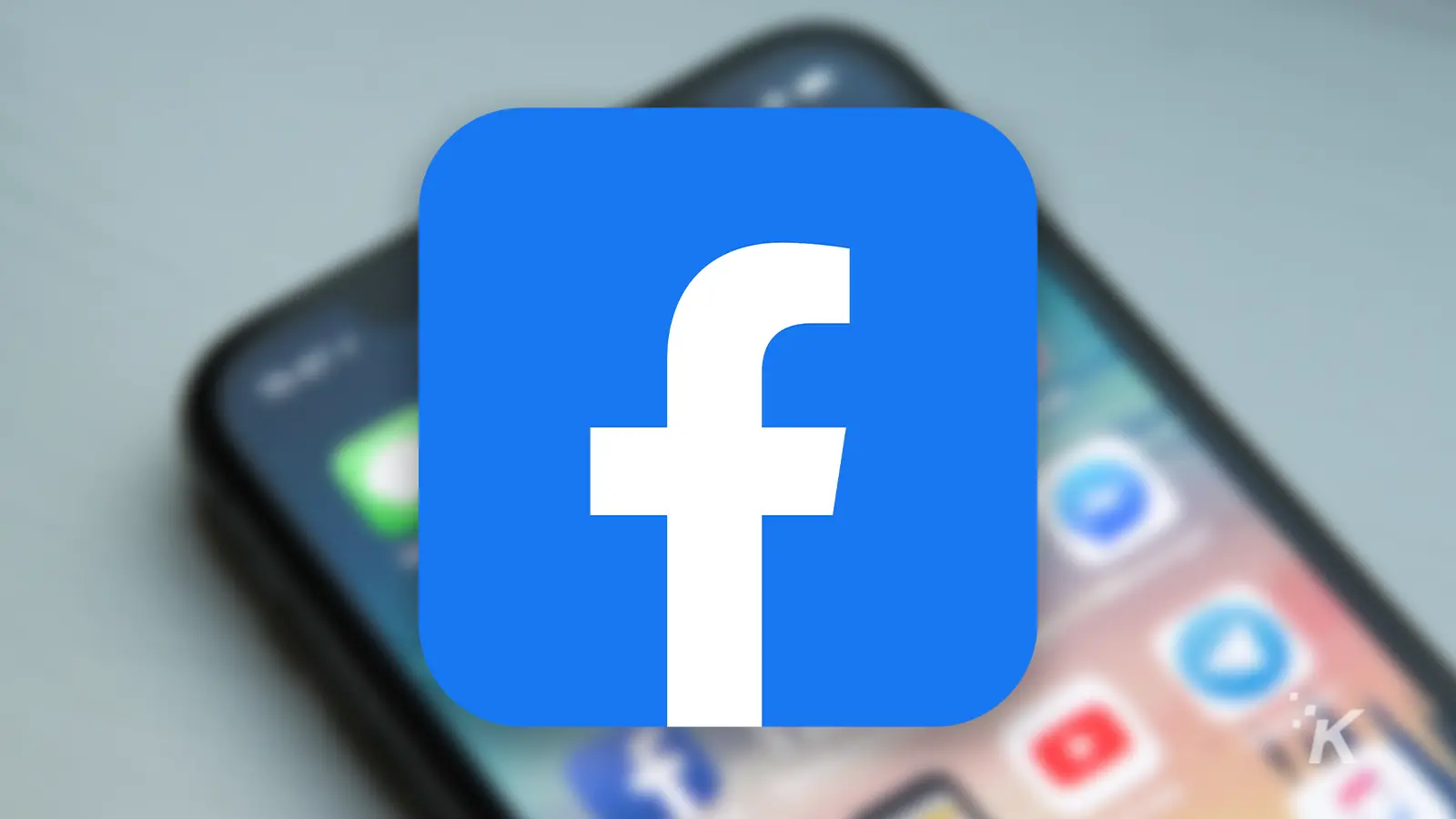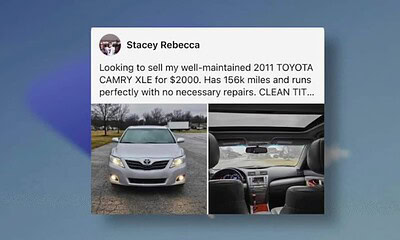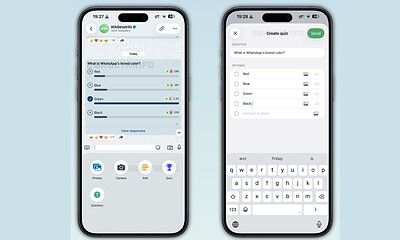Social
After YouTube, Meta cracks down on fake content
Meta also took action against 500,000 other accounts for spammy behavior, like fake likes or comments.

Just a heads up, if you buy something through our links, we may get a small share of the sale. It’s one of the ways we keep the lights on here. Click here for more.
Meta announced that it’s taking stronger steps to stop people from reposting other people’s content without adding anything original.
If someone continues to copy and share others’ videos, photos, or text posts, particularly to profit from them. In that case, their content will be displayed to fewer people, and they may temporarily lose access to Facebook’s monetization programs.
So far this year, Meta says it has already taken down 10 million fake accounts pretending to be popular content creators.
It also took action against 500,000 other accounts for spammy behavior, like fake likes or comments. (Via: TechCrunch)
These accounts had their posts demoted or hidden more often, so they couldn’t gain visibility or earn money unfairly.
Meta isn’t going after people who create reaction videos, jump on trends, or remix content in creative ways. Those are still allowed.
The problem is with people who copy and repost content without permission, sometimes pretending to be the original creator.
To help fix this, Meta is also testing a feature that will add a link to the original video when duplicates are detected, so viewers know who made it first.
This update comes just after YouTube made a similar announcement, targeting low-effort or AI-generated content that clutters the platform.
Both companies are trying to deal with the growing flood of AI slop, low-quality videos made with generative AI tools, often using stitched-together images and computer-generated voices.
Meta also reminded creators not to reuse content from other apps or add watermarks to someone else’s work.
The company encourages more “authentic storytelling” rather than short, low-value clips.
It even warns against relying on unedited AI-generated captions, urging creators to ensure their videos look and sound polished.
These changes will be rolled out gradually, giving creators time to adjust.
Facebook creators will soon be able to see new insights showing how their content is performing and if they’re at risk of being penalized.
This effort comes as Meta faces criticism for overusing automated systems that sometimes mistakenly block real users, especially small business owners, without enough human help.
What do you think about social platforms battling fake content? Do you think other platforms should do better? Tell us your thoughts below in the comments or via Twitter or Facebook.






























